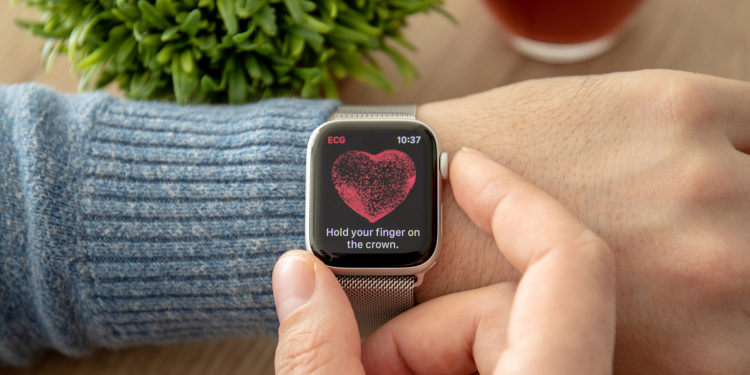The Biden administration has refused to overturn a decision by the U.S. International Trade Commission that the Apple Watch infringes patents owned by medical technology company AliveCor, potentially paving the way for an import ban on Apple's smartwatch, depending on the outcome of the appeal.
California-based AliveCor said in a statement that it had been informed that the Biden administration would not overturn a December ITC decision that found that the Apple Watch infringed AliveCor's health monitoring patents related to electrocardiogram technology. Priya Abani, CEO of AliveCor, expressed as follows:
We applaud President Biden's decision to uphold the ITC's decision and hold Apple accountable for infringing the patents underlying our industry-leading ECG technology. This decision goes beyond AliveCor and sends a clear message to innovators that the United States will protect patents to develop and distribute new technologies that benefit consumers.
In the December decision, the ITC recommended a limited exclusion order and a cease-and-desist order for Apple Watch models with ECG features. If enforced, Apple would no longer be able to introduce new Apple Watch models that support the ECG app. Apple plans to challenge the ITC's decision in federal court.
Apple in focus: How many patents does the Apple Watch actually infringe?
While the ITC's decision could lead to a ban on the Apple Watch, the U.S. Patent Office also invalidated some of AliveCor's patents in December, which the medical device company said it will appeal. Apple said at the time that the ITC's decision confirmed that the patents AliveCor had asserted against Apple before the ITC could not be infringed. AliveCor and Apple are involved in several legal disputes, as AliveCor has also filed an antitrust lawsuit against Apple and Apple has sued AliveCor for patent infringement. Apple is also facing a patent infringement lawsuit from medical device company Masimo, which claims that Apple Watch models that use light sensors to measure blood oxygen levels infringe its pulse oximeter patents. (Photo by DenPhoto / Bigstockphoto)





